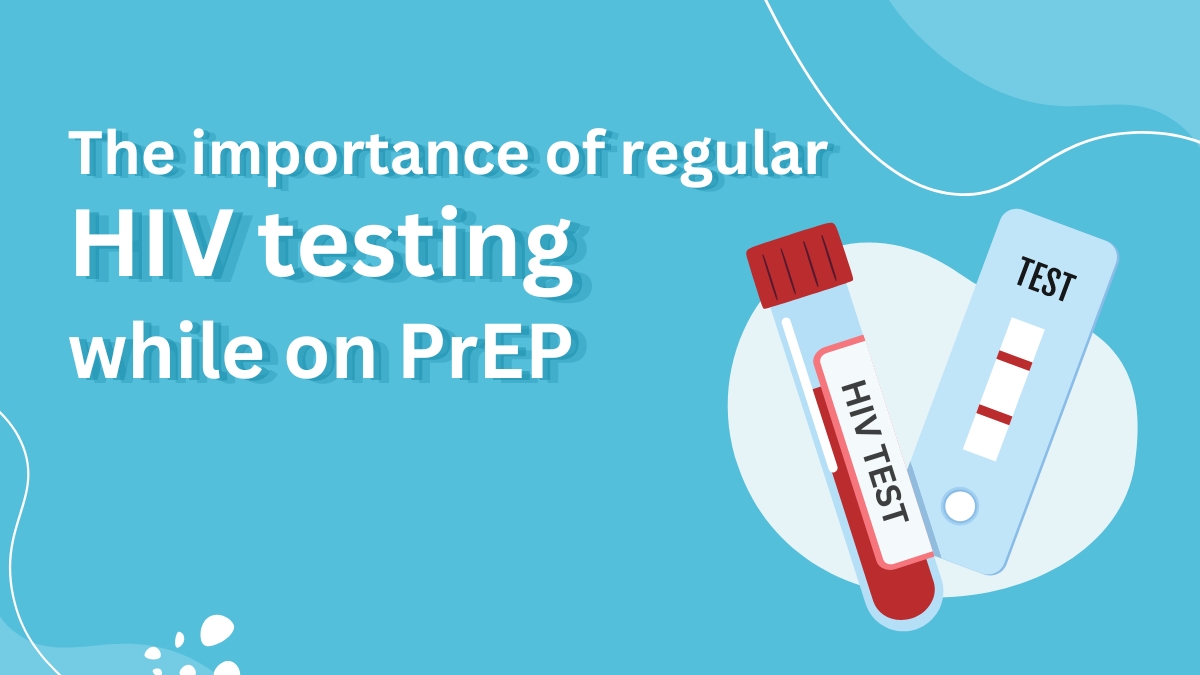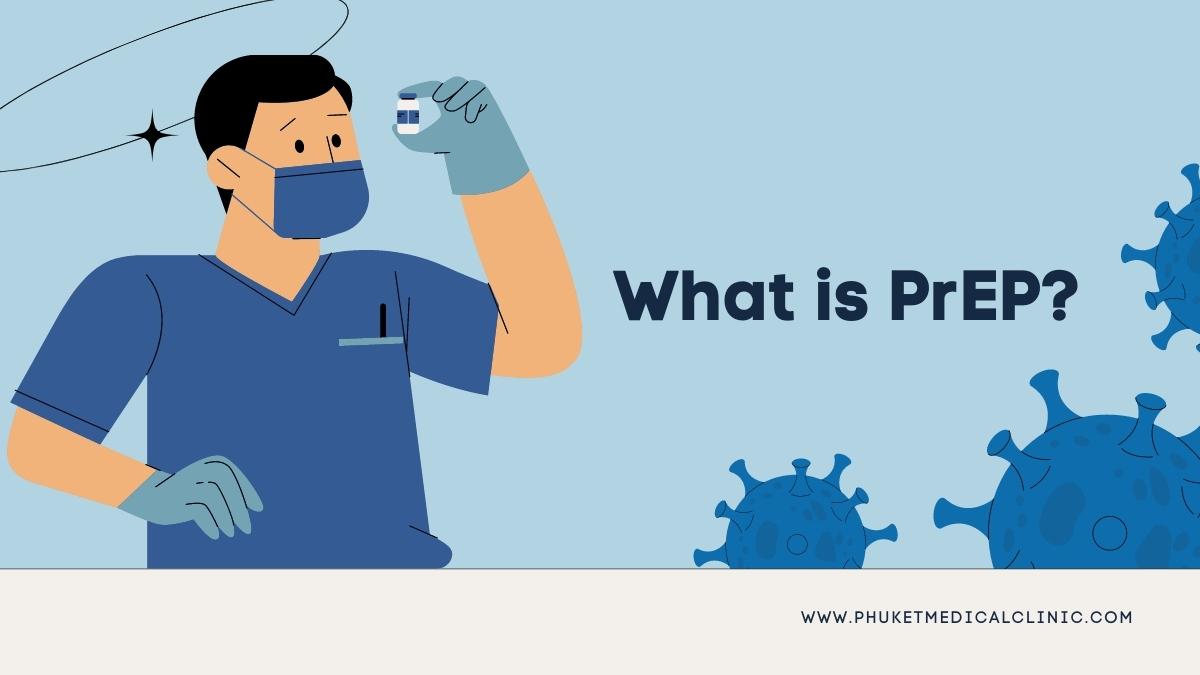Regular HIV testing is an essential component of maintaining sexual health and preventing the spread of HIV, especially for individuals on Pre-Exposure Prophylaxis (PrEP). PrEP is a highly effective preventive medication that reduces the risk of contracting HIV. However, relying solely on PrEP without regular testing may lead to missed opportunities for early detection and timely intervention. Regular HIV testing while on PrEP serves multiple purposes: it helps identify early HIV infection, monitors the effectiveness of PrEP, and prevents the development of drug resistance. In this article, we will explore the importance of regular HIV testing for individuals on PrEP, the benefits it offers, the recommended testing frequency, and the significance of combining testing with PrEP usage. By prioritizing regular testing, individuals on PrEP can ensure their sexual health and contribute to HIV prevention efforts.
What is PrEP?
PrEP (Pre-Exposure Prophylaxis) is a preventive strategy that involves the use of antiretroviral medication to reduce the risk of acquiring HIV. It is highly effective when taken as prescribed, offering protection to individuals at high risk of infection, such as those in serodiscordant relationships or engaging in unprotected sex with multiple partners. PrEP works by inhibiting the replication of HIV in the body, thereby preventing the virus from establishing an infection. This revolutionary approach has shown significant success in preventing new HIV cases and has become an essential tool in the global fight against HIV/AIDS, alongside other prevention methods.


